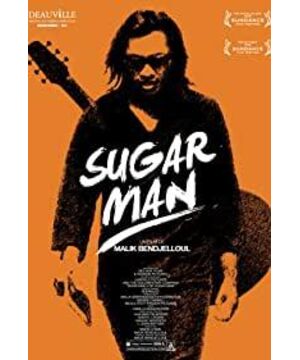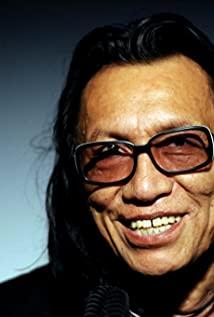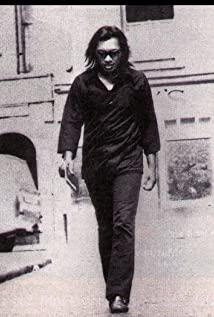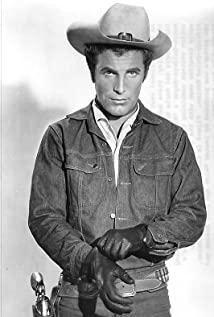Rodriguez is an expert. Putting it in the Chinese world is "Great Hidden in the City". Although the fact that he became a star in South Africa and liked by others will move him, he will not cling to it; being a construction worker will not affect the firmness of his inner worldview at all. Her daughter said that when they came to South Africa, they stayed in a luxurious hotel. They got up in the morning and found their father curled up in a chair and fell asleep, because the father didn't want the troublemaker to make the bed for him once. His co-workers described him as even being able to come to work in a tuxedo to get things done properly.
If it must be qualitative, this is the noble soul. There is no distinction between high and low, but the soul is divided. Some people have the so-called aristocratic status or ancestry, but they are mean in their hearts; some come from the lower classes of society, but know how to sympathize with others, Rodriguez is such a person. In his world, there is no conflict between being an ordinary person and being a celebrity. Those two worlds belong to him, and he travels freely in them. Only such a clear person can see through, and then describe the nature of the world. It just so happens that Rodriguez has a talent for making music and can show what he sees to others through this abstract art form. This is Rodriguez's personal side. No matter whether he succeeds or not, he just wants to do this. He certainly didn't expect success, because as long as he did it, it was fulfillment. As for the result, it was someone else's business.
Why is his music unsuccessful in the United States, but it is deeply rooted in South Africa? This is about whether you can give something when someone wants it. And he doesn't care about such issues at all. The essence of his music is to convey, not to speculate on the preferences of the audience. This is not in line with the worldview of the consumer society, so it is normal for him to be coldly treated in the US record market. The United States is a consumer society. Anything that cannot be used for entertainment will be labeled as having no commercial value. Therefore, serious literature and serious music can still only be the hobbies of niche people—because it is too tiring—to think and judge too much. Tiring, people who have been working all day want to laugh, rather than think deeply about crying without tears. But this was not the case in South Africa in the 1970s, where it experienced something that, on the surface, was far more terrifying than the soft dross of a consumer society: despotism. People there are eager and need to hear some "different" sounds. Rodriguez's music happened by chance when the South Africans needed to hear it, so it became popular. In some songs, such as Sugar Man, he conveyed relatively open views and political opinions, so he was actually banned by the authorities, using the words of a South African in the play, which is like a 17 or 18-year-old child. If it is banned, it means that the more it is necessary to explore the hidden secrets in it.
And how much did the audience in South Africa understand Rodriguez, maybe Rodriguez himself didn't expect it. They just choose what they want to hear, and there may still be an endless gap between what they understand and what Rodriguez wants to express.
But in any case, the people of South Africa found some kind of enlightenment in his music. This is how the world works. Truth can always only be revealed by those who know the way. What is hidden behind the big screen is not understandable. After understanding whether it is sorrow or joy, it can only be seen. The good fortune of sentient beings. Whether enlightenment is a good thing, this is still a question. For example, whether South Africa, which has opened up, will be forced into the capitalist system and assimilated into the ideology of a consumer society is probably what I fear most. Because this process made me seem to have seen China's failure in the 1980s once again, we had so many longings, but we were deeply betrayed. The beauty of the 1980s was because the art and surrounding environment at that time reflected people's attitudes to life: seeking knowledge and seeking truth, but with endless blindness. This is what I want to discuss in the title, although it seems too obscure.
When I was spoiled about the film, I thought: The United States exports a free worldview to a closed and authoritarian country. This is really politically correct. Later, when I heard that I had won an Oscar (I really don't care about Oscars), I couldn't help laughing. Whether the singer himself likes this ending is unknown, but I think he may not care at all. As a dystopian, I saw Rodriguez being used by the academics again. I think this is the bitterest aftertaste of Sugar Man's sweetness.
View more about Searching for Sugar Man reviews











